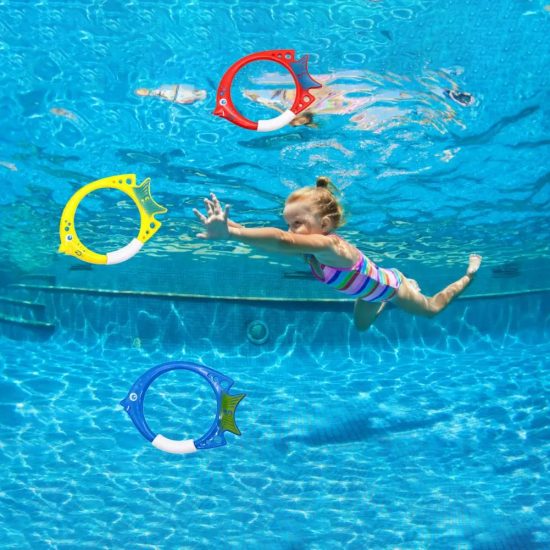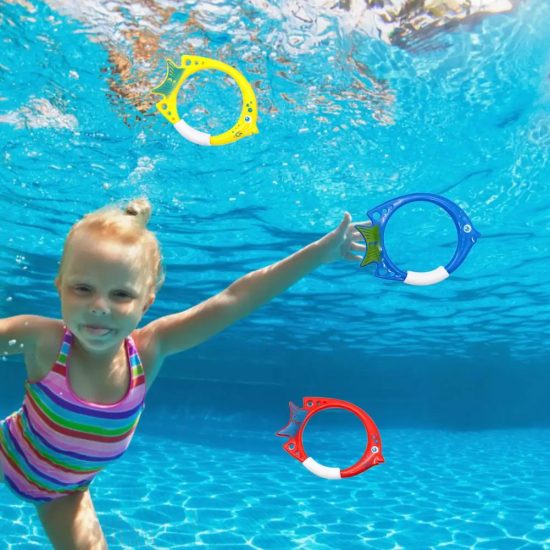Play is the language of childhood, and it’s through play that children learn, explore, and develop essential skills. Pool toys, beyond their entertainment value, play a significant role in fostering various aspects of childhood development. Let’s delve into how these toys contribute to the psychological and developmental growth of children.
1. Stimulating Imagination and Creativity
Pool toys act as catalysts for imaginative play. From floating animals to inflatable games, these toys invite children to create imaginary worlds and scenarios, fostering creativity and expanding their imagination. Through pretend play, kids develop problem-solving skills and the ability to think outside the box.
2. Sensory Exploration
Water-based play with pool toys engages multiple senses simultaneously. The sensation of water, different textures of toys, and varied movements in the water encourage sensory exploration. This sensory-rich experience aids in cognitive development and helps children understand cause-and-effect relationships.
3. Social Interaction and Communication
Sharing pool toys with siblings or friends encourages social interaction and collaboration. Negotiating toy use, taking turns, and communicating preferences or ideas are essential social skills that children develop during pool play. It fosters teamwork, empathy, and effective communication among peers.
4. Physical Development
Pool toys promote physical activity and motor skill development. Activities such as swimming, reaching for toys, throwing, and catching in the water enhance gross and fine motor skills. Balancing on inflatables or diving for submerged toys improves coordination, balance, and spatial awareness.
5. Emotional Regulation and Confidence Building
Water play with pool toys provides a safe environment for children to explore risk-taking and build confidence. Overcoming challenges, such as mastering a new toy or learning to float, boosts self-esteem and resilience. Additionally, the calming effect of water aids in emotional regulation and stress relief.
6. Cognitive Stimulation
Pool toys offer cognitive stimulation through problem-solving and decision-making. Floating puzzles, games with rules, or toys that require assembly engage children’s cognitive faculties, enhancing their critical thinking and decision-making abilities.
7. Role in Education
Educational pool toys, incorporating numbers, letters, or scientific concepts, seamlessly blend play with learning. These toys create opportunities for informal learning experiences, introducing educational concepts in a fun and engaging manner.
Conclusion
The significance of pool toys extends beyond mere entertainment; they serve as invaluable tools for childhood development. Through play, children develop crucial skills, from socialization and physical prowess to cognitive abilities and emotional well-being.
Understanding the psychology of play underscores the importance of providing children with diverse and stimulating play experiences, making pool time not just fun but a pivotal part of their holistic development.


